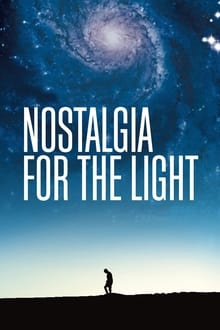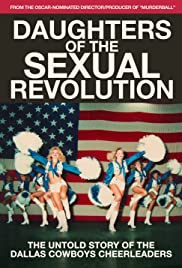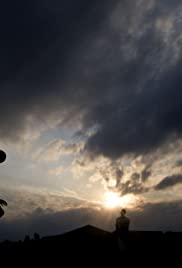
For the first time in more than 3 decades, this reclusive artist lets a camera into his life in this amazin opportunity to meet the mysterious man behind the guitar. Ina series of candid interviews, Cale describes his childhood and his wild years in psychedelic California. Cale also shares his insights about his influences, songwriting, success, life on the stage and on the road – all interlaced with outstanding live performances, archival footage, interviews with band members and friends, and awe-inspiring images of American landscapes. Eric Clapton appears in some performance footage. While credited with such hits as “After Midnight,” “Same Old Blues,” and “Cocaine,” Tulsa-pioneer J.J. Cale has never been one to accept the limelight. Hiding from the press, Cale emerges here for the first time in three decades for an extensive documentary filled with music and revealing interview material.
You May Also Like

In Chile’s Atacama Desert, astronomers peer deep into the cosmos in search for answers concerning the origins of life. Nearby, a group of women sift through the sand searching for body parts of loved ones, dumped unceremoniously by Pinochet’s regime.

This is a feature-length look into the creation of the 20 year old cult-classic, Monster Squad, including interviews with writer/director Fred Dekker, stars Tom Noonan, Duncan Regehr, Andre Gower and more.

The love story of pop icon Jennifer Lopez and movie star Ben Affleck began with a movie set meeting in 2002, then weaved to a Las Vegas altar 20 years later.

A unique and compelling account of the day that changed the modern world, captured by ordinary people who chose to pick up their cameras and film that fateful day.

Daughters of the Sexual Revolution is the never-before-told story of Suzanne Mitchell, the fiercely-loyal den mother of the original Dallas Cowboys Cheerleaders.

Theatre of War is an essay on how to represent war, performed by former enemies. British and Argentinian veterans of the Falklands war come together to discuss, rehearse and re-enact their memories 35 years after the conflict.

In the slums of Kampala, two men from opposite sides of the world come together over a shared love for America’s greatest hero: Rambo. Against all odds, the two make their own action movies with no money — and bring joy to millions of people on the internet. Welcome to “Wakaliwood.” Through comedy and kung-fu, “Once Upon a Time in Uganda” chronicles the unlikely friendship between Isaac Nabwana, a director hailed as “Africa’s Tarantino,” and Alan Hofmanis, a film programmer from New York. While Isaac tirelessly makes feature after feature, Alan brings his films to international audiences. But tensions flare as Isaac’s star rises — threatening their partnership and all of Wakaliwood.

Away from professional stadiums, bright lights, and manicured fields, there’s another side of soccer. Tucked away on alleys, side streets, and concrete courts, people play in improvised games. Every country has a different word for it. In the United States, we call it “pick-up soccer.” In Trinidad, it’s “taking a sweat.” In England, it’s “having a kick-about.” In Brazil, the word is “pelada,” which literally means “naked”—the game stripped down to its core. It’s the version of the game played by anyone, anywhere—and it’s a window into lives all around the world. Pelada is a documentary following Luke and Gwendolyn, two former college soccer stars who didn’t quite make it to the pros. Not ready for it to be over, they take off, chasing the game. From prisoners in Bolivia to moonshine brewers in Kenya, from freestylers in China to women who play in hijab in Iran, Pelada is the story of the people who play.

The film is a sobering, intimate and warm account of daily life in Kabul during the silent intervals between suicide bombings. The bombings that happened, and those that will, define life for the film’s characters; a father who works as a bus driver, and two young boys whose policeman father is away due to murder threats.

All the cool kids were wearing it. This documentary explores A&F’s pop culture reign in the late ’90s and early 2000s and how it thrived on exclusion.

Totonel (10) and his sisters, Andreea (14) and Ana (17), are waiting for their mother to come back home from prison. As they grow up, each of them learns how to survive on their own, hoping that when their mother returns, the family will be reunited.